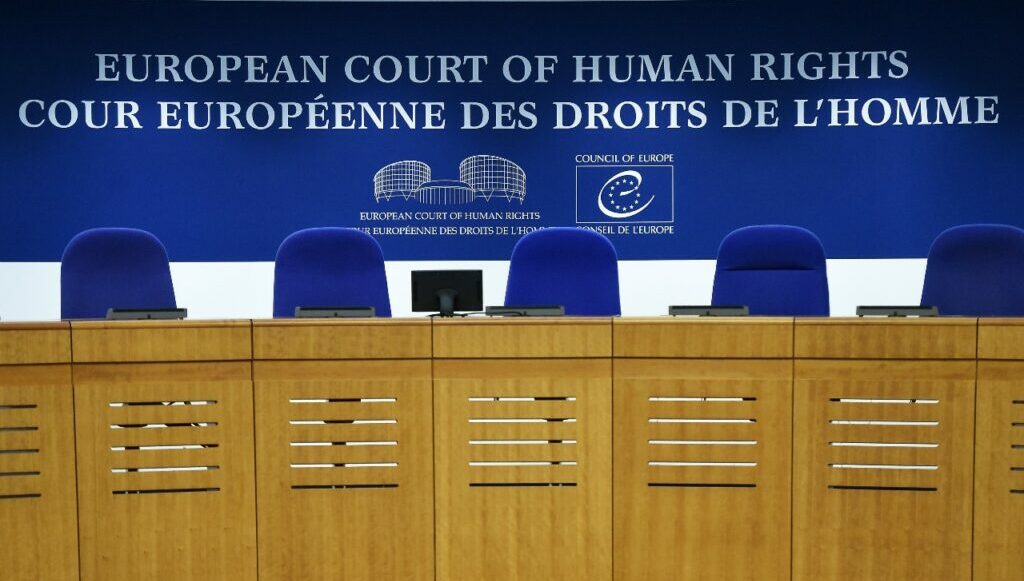TM Editorial
The European Court of Human Rights (ECtHR) has yet to deliver verdicts on the cases of dozens of journalists from Turkey, many of whom have been behind bars for a number of years.
According to the Stockholm Center for Freedom’s “Jailed and Wanted Journalists in Turkey” database, 174 journalists are jailed in Turkey, and 167 are wanted and either in exile or at large.
Turkey was ranked 153rd among 180 countries in the 2021 World Press Freedom Index released by Reporters Without Borders (RSF) in April.
Following a coup attempt in July 2016 that claimed the lives of more than 250 civilians, Turkish President Recep Tayyip Erdoğan and his Justice and Development Party (AKP) government intensified its crackdown on media outlets and journalists critical of it under the pretext of an anti-coup fight.
Turkey’s crackdown on the media predates the attempted coup. Hidayet Karaca, a former TV executive locked up over the content of two fictional TV series, will complete his seventh year behind bars in December.
The ECtHR has failed to deliver a verdict on Karaca’s application, which has been pending before the court for almost six years. Serving an aggravated life sentence, Karaca has spent the last four years in a one-person cell.
According to a yearly report by the International Federation of Journalists, as of March 2021, 229 members of the press are imprisoned for their journalistic activities worldwide. With at least 67 journalists in prison, Turkey is the top jailer of journalists, according to the report.
Imprisoned by Turkey, journalists Ahmet Altan, Mehmet Altan, Şahin Alpay, Ali Bulaç, Murat Aksoy, Ahmet Şık, Murat Sabuncu and Atilla Taş applied to the ECtHR after exhausting domestic remedies.
The court ruled that the rights of these journalists had been violated, and they are currently free.
Unfortunately, none of them are in a position to carry on with their profession, as the power mechanism that stole years from their lives is still in place. Speaking out might very well land them in jail again.
Turkey has pressured the ECtHR in various ways to prevent possible rulings on its violations of the European Convention on Human Rights (ECHR).
The year 2016 saw Turkey increasing its annual contribution to the Council of Europe (CoE) by 23 million euros, to 33 million. When the CoE and ECtHR started taking decisions and issuing verdicts disliked by Erdoğan, he threatened them with lowering the contribution. Indeed, a year later, Turkey reduced its annual contribution to 14 million euros.
Despite Erdoğan’s efforts, the ECtHR ruled that Turkey had violated the rights of journalists in prison. However, these rulings are not enough to achieve justice for Turkey’s jailed journalists.
The cases of journalists such as Mümtazer Türköne, Mustafa Ünal, Hidayet Karaca, Hanım Büşra Erdal and Ayşenur Parıldak drag on, despite them being jailed on the same trumped-up charges as those journalists the ECtHR found to have been wronged by Ankara. Of these, the correspondence on Ünal and Erdal’s cases was completed in October 2019. They have been waiting for a ruling for two years.
Another example is the case of Fevzi Yazıcı, an award-winning newspaper designer who has been held in a one-person cell since December 2017. The ECtHR recently directed questions to Ankara about his case, three years after Yazıcı lodged his application with the court. How long the correspondence between Ankara and the Strasbourg court will take is unclear.
It is not clear when the ECtHR will issue rulings on the cases of Turkish journalists. However, at this rate, many of them will be released as they will have served their time by then. The ECtHR ruling in their favor after they spent the prime of their lives in prison will not do much for them. As the saying goes, justice delayed is justice denied.
